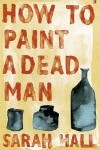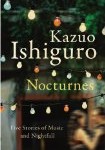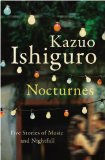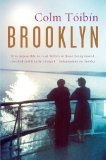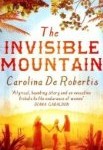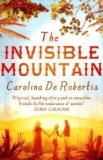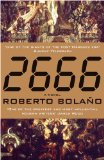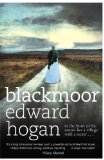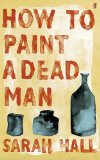
Long listed for the Booker Prize 2009
The great thing about reading the Booker long list is that I read books I would never normally pick up and am occasionally rewarded by finding a gem like this. I shouldn’t have liked this book – it has virtually no plot and has whole chapters about a person who paints bottles. It sounds like the sort of book I’d run a mile from, but for some reason I loved it!
I was transfixed from the first page. The heart-breaking emotions of a woman who has lost her twin brother affected me straight away. I think I had the tissues out within a few pages and it is so rare for me to be moved by a book that I knew this was going to be something special.
The second chapter introduces the life of an Italian painter, and while I found this section the weakest of the three, it was an important lull in the heightened emotions of the surrounding sections.
The final scene describes the father of the twins and his battle for survival after he becomes trapped in the hills. The book weaves together these three separate scenes, and that is all they are really, exceptionally well. There is no plot – just glimpses into the lives of these three characters.
I don’t know how this book managed to grip me from beginning to end when so many seemingly similar books have failed. I can only assume that Sarah Hall has an outstanding talent, or is perfectly in tune with my fears and emotions.
Sarah Hall is from Cumbria, so the occasional snippets of dialect may prove difficult for some to understand, but as I spent my teenage years in the Lake District this wasn’t a problem for me.
Overall, I highly recommend this book. It deserves it’s place on the Booker long list and I plan to seek out all her previous books.
![]()
Have you read any books written by Sarah Hall?
Which one was your favourite?
